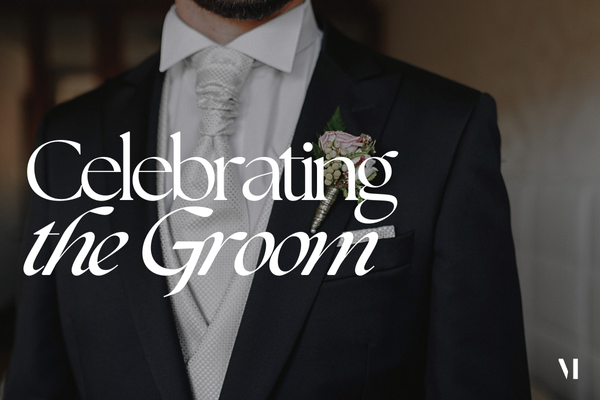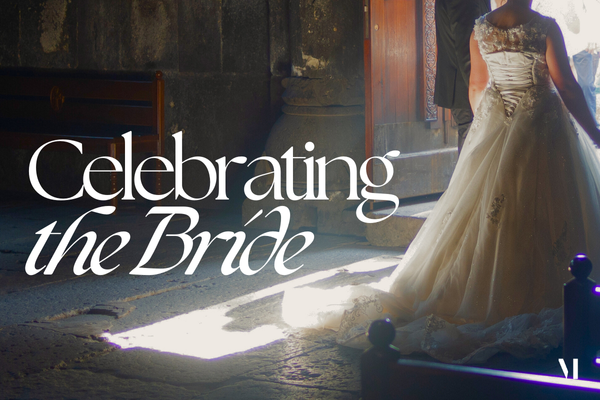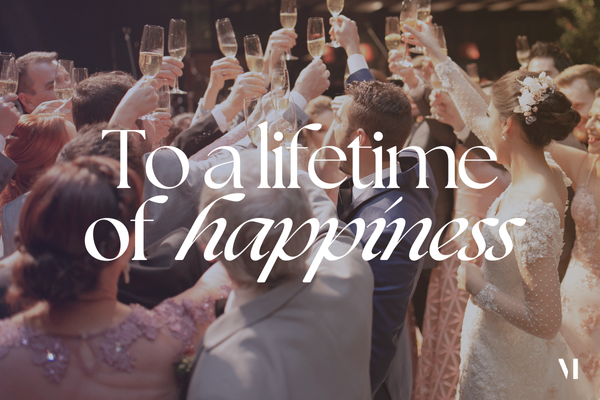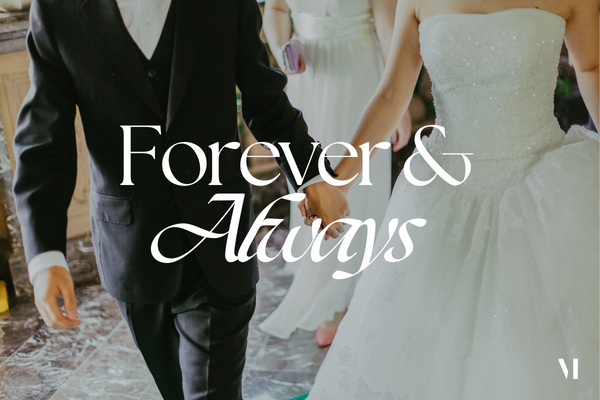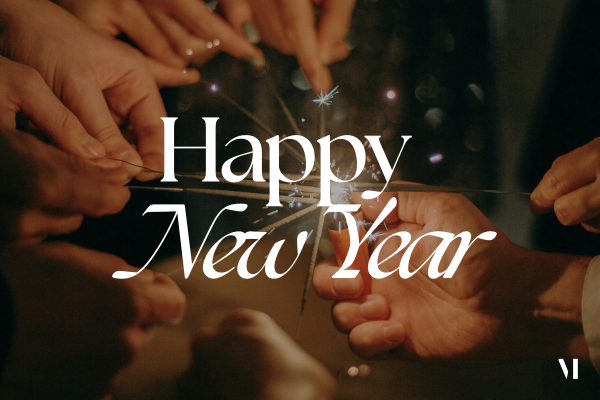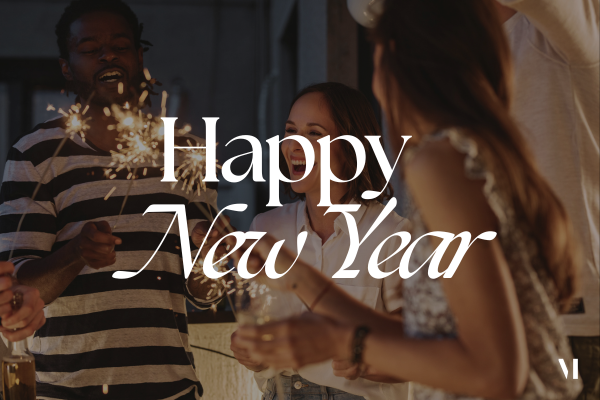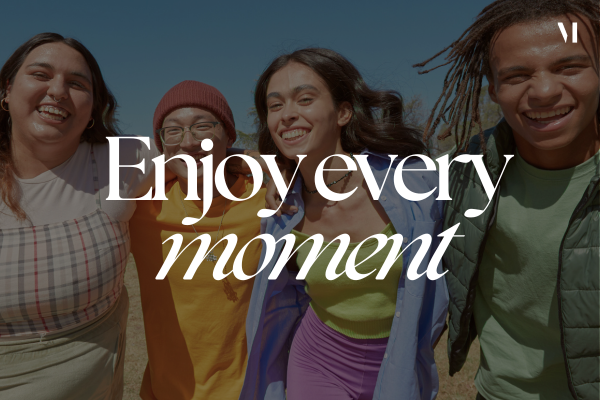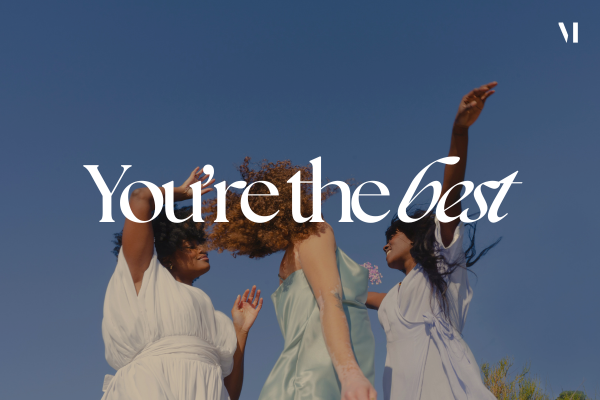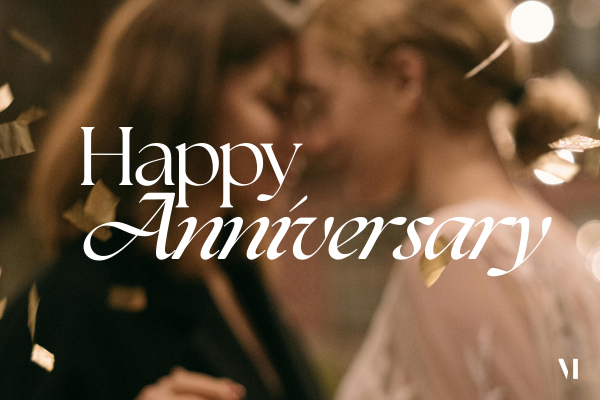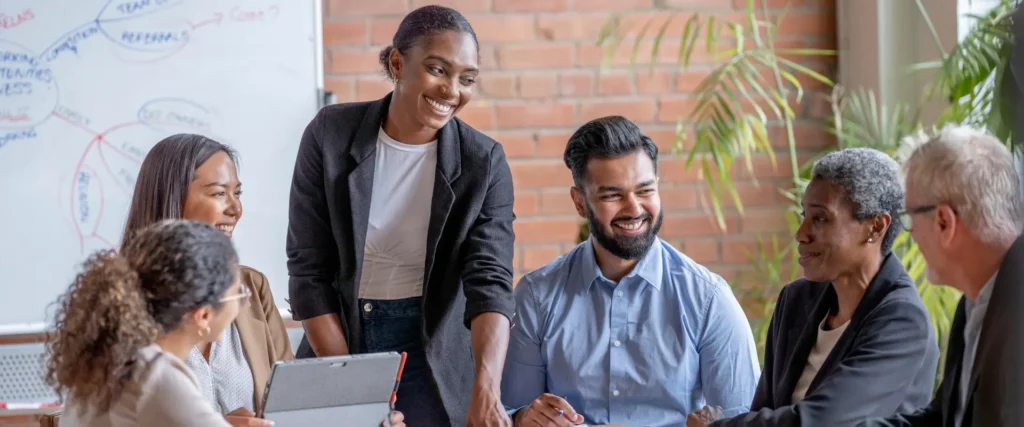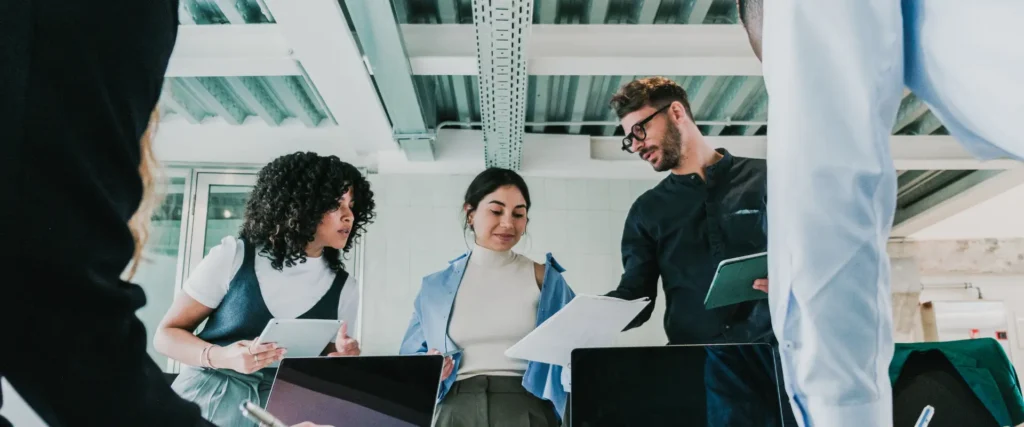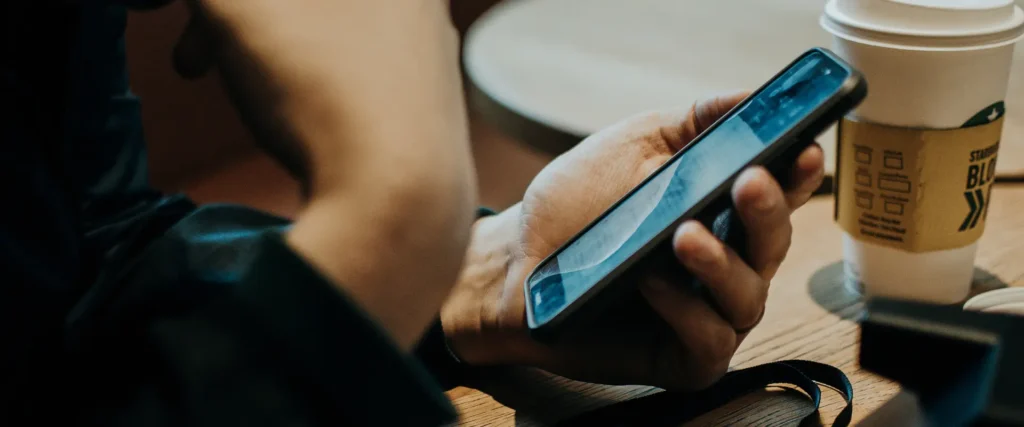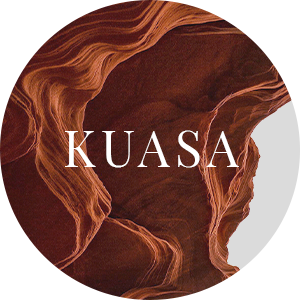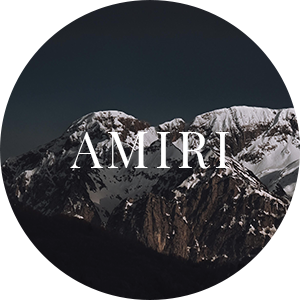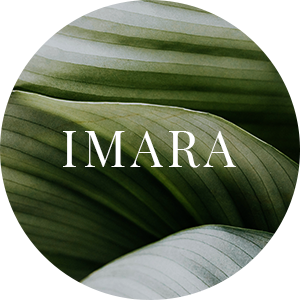Neuroscience of memory reveals why some recognition moments stick while others fade within days. When you give an employee a branded mug, their brain processes it as an object. When you give them an experience, their brain weaves it into their identity, emotional history, and sense of self.
This isn’t speculation. It’s measurable brain activity captured through fMRI scans, neurochemical responses and psychological patterns. The science tells us something HR leaders have intuited: experiences create stronger, longer-lasting connections than things.
Understanding why this happens changes how you approach recognition. You stop asking “what should we give” and start asking “what memories do we want to help create?” That shift transforms appreciation from transaction to transformation.
How the Brain Processes Material vs. Experiential Gifts

Your brain handles physical objects and experiences through fundamentally different neural pathways. Material gifts activate regions associated with possession and evaluation, whereas experiences activate areas tied to identity, emotion, and social connection. This distinction is a cornerstone of the neuroscience of memory, where hippocampal and cortical circuits prioritize the encoding of lived events over static belongings to shape our evolving sense of self.
When people receive material items, their brains engage in comparative evaluation. Is this better than what I already have? Does this match my taste? What’s the resale value? The gift becomes subject to constant reappraisal. It often loses perceived value over time through a psychological process called hedonic adaptation.
Experiences bypass this evaluation trap. It creates a unique memory tied to emotion, context, and personal growth.
Neuroscience reveals why. Experiences engage the hippocampus. The brain’s memory formation center. They trigger the release of dopamine, oxytocin, and serotonin. The neurochemicals associated with pleasure, bonding, and well-being. These chemical signatures help encode the memory more deeply.
Here is why this matters for workplace recognition: when you give someone an experience through Mojo Gift, you’re not just providing a perk. You’re creating neurochemical conditions for strong positive memory formation associated with your company.
The Memory-Experience Connection
Memory isn’t a video recording. It’s a reconstruction your brain performs each time you recall something. The more often you reconstruct a memory, the stronger it becomes. The more emotion attached to that memory, the more vividly it persists.
Experiences offer multiple opportunities for memory formation and recall:
Anticipation: The period between receiving recognition and experiencing it creates positive anticipation. Your brain releases dopamine during this planning phase, associating your company with future pleasure.
The event itself: During the experience, sensory information, emotional responses, and contextual details get encoded together. A cooking class isn’t just about food—it’s the instructor’s stories, the other participants’ laughter, the smell of fresh ingredients, the satisfaction of creating something.
Reflection and storytelling: After the experience, people naturally reflect on and share what happened. Each retelling reinforces the memory and spreads positive associations with whoever enabled it.
Experiential purchases provide more enduring happiness than material purchases because they become a bigger part of a person’s identity. You are what you’ve done more than you are what you own.
Use Mojo Gift to book an experience. Create a memory where your company plays a supporting role in a personally meaningful moment. That’s emotional capital you can’t buy with logo merchandise.
Why Anticipation Multiplies Recognition Impact
One of recognition’s most overlooked elements is the anticipation phase. When you hand someone a physical gift, the experience peaks at receipt and declines from there. When you provide access to future experiences, anticipation builds positive emotion over time.
Anticipating rewards activates the brain’s pleasure centers. Sometimes more than receiving the actual reward. Your brain enjoys looking forward to something almost as much as experiencing it.
This creates a recognition multiplier effect. Traditional gifts offer one moment of pleasure. Experience-based recognition offers three:
- The gift announcement.
- The selection and planning process.
- The experience itself.
That’s three distinct opportunities for positive emotion connected to your company, compared to the single moment of opening a package containing a gift card or branded item.
This gift doesn’t expire—it expands. With Mojo Gift, recipients don’t face pressure to use their recognition immediately. They can wait for the perfect moment, extending the anticipation phase and ensuring the experience fits naturally into their lives rather than feeling forced or rushed.
The Social Dimension of Experiential Memory

Humans are intensely social creatures. Our brains have evolved specifically to navigate complex social environments, a process fundamentally linked to the neuroscience of memory. Experiences tap into this social wiring in ways material gifts cannot, creating lasting neural connections that define our identity and relationships.
Research from the American Psychological Association demonstrates that people derive more satisfaction from experiences partly because experiences are more likely to be shared or discussed with others. This social exchange is deeply rooted in the neuroscience of memory, as the act of reminiscing strengthens the neural pathways that encode the event, effectively making the positive feelings last longer. When your employee takes a cooking class, they might go alone or bring their partner. Either way, they’ll tell friends and family about it, reinforcing the memory and the associated sense of well-being through every retelling.
Material gifts don’t generate the same social currency.
This social sharing amplifies recognition’s impact. Every time someone tells their story, they’re reinforcing their positive association with you by engaging the neuroscience of memory—specifically the way emotional storytelling strengthens neural pathways and aids long-term retention. They’re also doing something more: they’re spreading reputation. Your company becomes known as a place that sees employees as whole humans worthy of meaningful recognition.
Neuroscience of memory backs this up. When we share positive experiences, our brains release oxytocin—the bonding neurochemical. We’re not just remembering the experience; we’re creating social connection through the story. Your recognition becomes part of how that person relates to others.
Why Adaptation Ruins Material Gifts But Not Experiences
Hedonic adaptation is the brain’s tendency to return to baseline happiness despite positive or negative changes in circumstances. The pleasure fades as novelty wears off.
Material gifts suffer from rapid hedonic adaptation. Your brain stops noticing it. The recognition value diminishes to near zero within months or even weeks.
Experiences resist hedonic adaptation better than material purchases. Memories don’t gather dust. They can actually improve over time as we selectively recall positive aspects and integrate the experience into our life narrative.
Think about your own history. Which creates more happiness now. The laptop you bought or the trip you took? The laptop is probably outdated or replaced. The trip is still a source of stories, photos, and warm feelings.
This distinction transforms how you calculate recognition value. The experiential value compounds; the material value depreciates.
When employees access experiences through Mojo Gift, they’re receiving recognition that maintains and even grows value over time rather than losing relevance as soon as the novelty wears off.
The Identity Integration Effect
Your sense of self comes more from what you’ve experienced than what you’ve acquired. Experiences become part of your autobiography in ways possessions rarely do, a concept deeply rooted in the neuroscience of memory. Unlike physical objects, these moments are biologically encoded into your neural pathways, ensuring that your identity is built on the lasting impressions of your past rather than the things you own.
Brain scans reveal something beautiful about human memory. When people remember experiences they’ve enjoyed, specific parts of their brain light up. These regions connect to their sense of self – who they are, what defines them.
The same brain areas stay quieter when people recall physical things they’ve purchased. The difference shows something we’ve always felt but couldn’t prove: experiences become part of our identity. Material items remain separate from who we are.
This has profound implications for workplace recognition. When you give someone an experience, you’re not just providing a temporary reward. You’re contributing to how they see themselves and how they narrate their life story.
That’s identity-level recognition. It becomes part of how someone explains who they are and where they’re going. Material gifts don’t integrate this way.
The Society for Human Resource Management reports that 79% of employees say recognition programs influence their engagement levels. But not all recognition carries equal weight. Recognition that becomes part of someone’s identity creates loyalty that surface-level appreciation never achieves.
Mojo means you don’t have to choose for them. By trusting employees to select experiences aligned with their interests, growth areas, and life stage, you’re enabling identity-affirming recognition. Each person receives recognition that reinforces who they are or who they’re becoming.
Neural Pathways and Habit Formation
Recognition isn’t just about making someone feel good once. It’s about creating associations that influence long-term behavior and loyalty. Neuroscience reveals how experiences excel at building these lasting neural connections.
Every time your brain processes an experience, it strengthens neural pathways associated with the context surrounding that experience. If the experience is positive and your company enables it. Your brain creates and reinforces neural connections between your company and positive emotion.
Repetition matters. One-time material gifts create weak, easily forgotten associations. Ongoing experience-based recognition creates strong, durable neural pathways.
Emotional experiences create stronger memory traces than neutral ones. The more emotional significance an experience carries, the more likely it becomes a permanent memory rather than one that fades over time.
This is why experience platforms outperform traditional recognition methods for retention. You’re not just rewarding people. You’re creating neural architectures where leaving your company means leaving a source of meaningful, identity-affirming experiences. That creates psychological switching costs that salary alone can’t overcome.
The Nostalgia Advantage
Nostalgia—the bittersweet longing for the past is a powerful psychological force that harnesses better than material possessions. Neuroscience research shows that nostalgic memories activate reward centers in the brain and can improve mood, increase self-esteem, and strengthen social connectedness.
Material gifts rarely become nostalgic touchstones. Warm feelings, vivid recall, positive associations.
Nostalgic memories serve psychological functions. They provide meaning, increase life satisfaction, and strengthen social bonds. When workplace recognition creates nostalgic memories, it provides these benefits while maintaining positive associations with the employer.
This is what transforms recognition from cost center to culture builder. Years after someone leaves your company, they’ll still remember the experiences you enabled. That reputation attracts talent and builds lasting goodwill.
With over 100,000 experiences across 100+ countries, Mojo Gift gives employees the variety needed to create these diverse, personally meaningful memories. Not everyone’s nostalgia centers around the same types of experiences, so choice matters. Let them turn your gesture into a story they’ll tell for years.
Practical Applications: Designing Recognition Around Brain Science
Understanding the neuroscience of memory and recognition allows you to design programs that work with human psychology rather than against it.
Create anticipation windows: Don’t force immediate redemption. Give people time to plan, imagine, and look forward to their chosen experience. The anticipation phase adds value.
Encourage storytelling: After experiences, create channels where employees can share what they did and why it mattered. This sharing reinforces positive memories and spreads cultural messages about how your company values people.
Vary the experiences: Novelty activates reward centers strongly. Platforms offering diverse experience categories prevent the habituation that comes from repetitive recognition.
Time recognition meaningfully: Align experiences with natural reflection points. Context helps memory formation.
Make it personal: Generic gifts don’t create strong memories because there’s nothing unique to remember. Mojo Gift ensures each person’s recognition story is distinct and personally relevant.
Reduce friction: Complex redemption processes interrupt the positive emotional flow. Simple, intuitive platforms maintain the association between your company and joy rather than creating associations between your company and bureaucracy.
Employee tenure directly correlates with workplace satisfaction and perceived value beyond compensation. Recognition that creates lasting positive memories builds the emotional capital that keeps people engaged long-term.
The Experience Economy and Workplace Culture

Humans are intensely social creatures. Our brains have evolved specifically to navigate complex social environments. Experiences tap into this social wiring in ways material gifts cannot.
Research from the American Psychological Association demonstrates that people derive more satisfaction from experiences partly because experiences are more likely to be shared or discussed with others. When your employee takes a cooking class, they might go alone or bring their partner. Either way, they’ll tell friends and family about it.
Material gifts don’t generate the same social currency.
This social sharing amplifies recognition’s impact. Every time someone tells their story, they’re reinforcing their positive association with you. They’re also doing something more: they’re spreading reputation. By engaging in this cycle, you are actually tapping into the neuroscience of memory, where repeated narrative reinforcement strengthens the neural pathways associated with positive emotional experiences.
Neuroscience backs this up. When we share positive experiences, our brains release oxytocin—the bonding neurochemical. We’re not just remembering the experience; we’re creating social connection through the story. Your recognition becomes part of how that person relates to others.
Turn recognition into experiences they’ll remember.
Every achievement deserves to be remembered. With our corporate solutions, recognition becomes more than a gesture, it becomes an experience that empowers, inspires, and leaves a lasting mark on every individual.
Measuring What Matters: Memory, Not Just Satisfaction
Traditional recognition metrics focus on the wrong things. Did people receive their gifts? Did they say thank you? These surface-level measures miss what neuroscience tells us actually matters: did the recognition create lasting positive memory?
Recognition and appreciation directly impact 41% of preventable voluntary turnover. When that recognition creates lasting positive memories rather than forgettable transactions, the retention impact compounds.
Mojo Gift’s analytics can help track these deeper metrics beyond simple redemption rates. It gives you insight into whether your recognition is creating the neural and emotional impact that drives loyalty.
Bringing Neuroscience Into Your Recognition Strategy
The science is clear. Experiences create stronger, longer-lasting, more personally meaningful memories than material gifts. They resist hedonic adaptation, integrate into identity, generate anticipation and nostalgia, and create social currency through storytelling.
Translating this knowledge into practice requires several actions:
Audit current programs through a memory lens: Ask not just “what do we give” but “what memories are we creating?” If the answer is “none” or “forgettable ones,” you have work to do.
Educate leadership on neuroscience: Share this research with executives. When they understand that experience-based recognition creates stronger neural connections and better retention outcomes – budget conversations change.
Survey employees about memorable moments: What recognition do they still remember from years past? What made it stick? This qualitative data reveals what your specific culture values.
Pilot experience-based recognition: Start with one team or one type of recognition (like work anniversaries). Track not just redemption but storytelling, retention, and long-term recall.
Choose platforms designed for memory creation: Simple interfaces, diverse options, global accessibility, no expiration pressure. Mojo Gift checks these boxes specifically because it’s built around the psychology of meaningful recognition.
Train managers on presentation: How you deliver recognition matters almost as much as what you deliver. A heartfelt message about why someone’s contribution mattered, paired with access to experiences, creates deeper emotional encoding than a generic email with a redemption code.
Build storytelling into your culture: Create channels where people share their experiences. This reinforces memories, spreads positive culture messages, and shows everyone that your recognition program delivers real, personally meaningful moments.
The Competitive Advantage of Memory-Based Recognition
Companies compete for talent based on many factors: compensation, benefits, flexibility, growth opportunities, and culture. Recognition that creates lasting positive memories strengthens all of these factors simultaneously.
To truly inspire loyalty, a company must look beyond the paycheck. Incorporating the neuroscience of memory reveals that memories of meaningful experiences trigger neurochemical responses that solidify a person’s connection to an organization. These lasting impressions make people more likely to speak positively about your company, refer talented friends, and resist recruiter outreach. They create deep-seated emotional bonds that pure financial incentives simply can’t replicate.
Non-financial recognition programs can improve performance by up to 10% when designed around psychological principles rather than just generic rewards. Experience-based recognition built on neuroscience insights represents the leading edge of this approach.
Your competitors might pay similar salaries. They might offer comparable benefits. But if you’re creating memories while they’re distributing forgettable swag, you’re building a retention moat they can’t easily cross.
That’s the gift they’ll remember you for. Not because you spent the most or gave the fanciest items. But because you understood something deeper about human psychology and acted on it. You recognized that behind every gift is a story. You gave people the power to create stories worth telling.
When recognition becomes memory, appreciation becomes loyalty. That’s not just good HR. That’s a competitive strategy informed by neuroscience.
